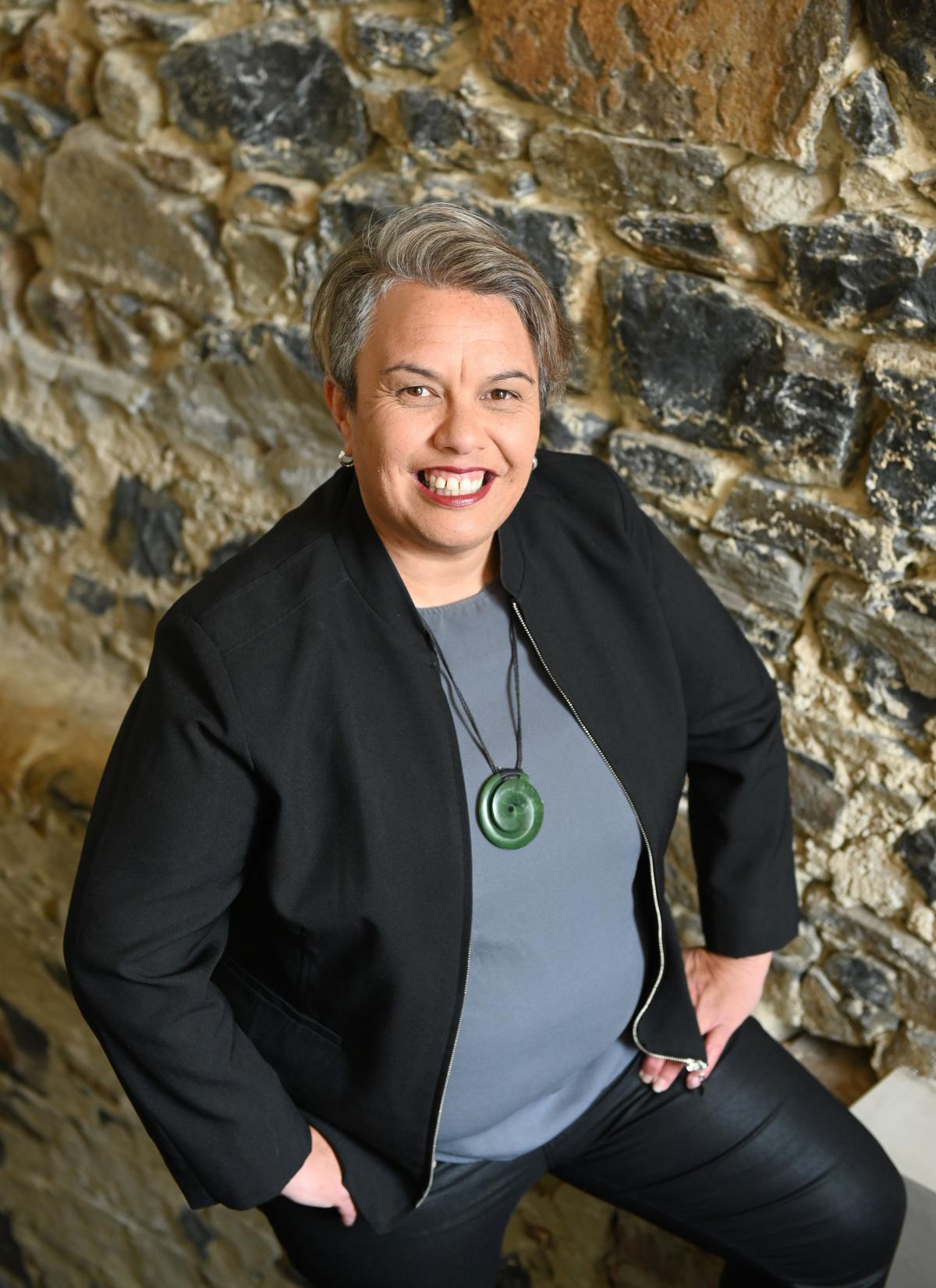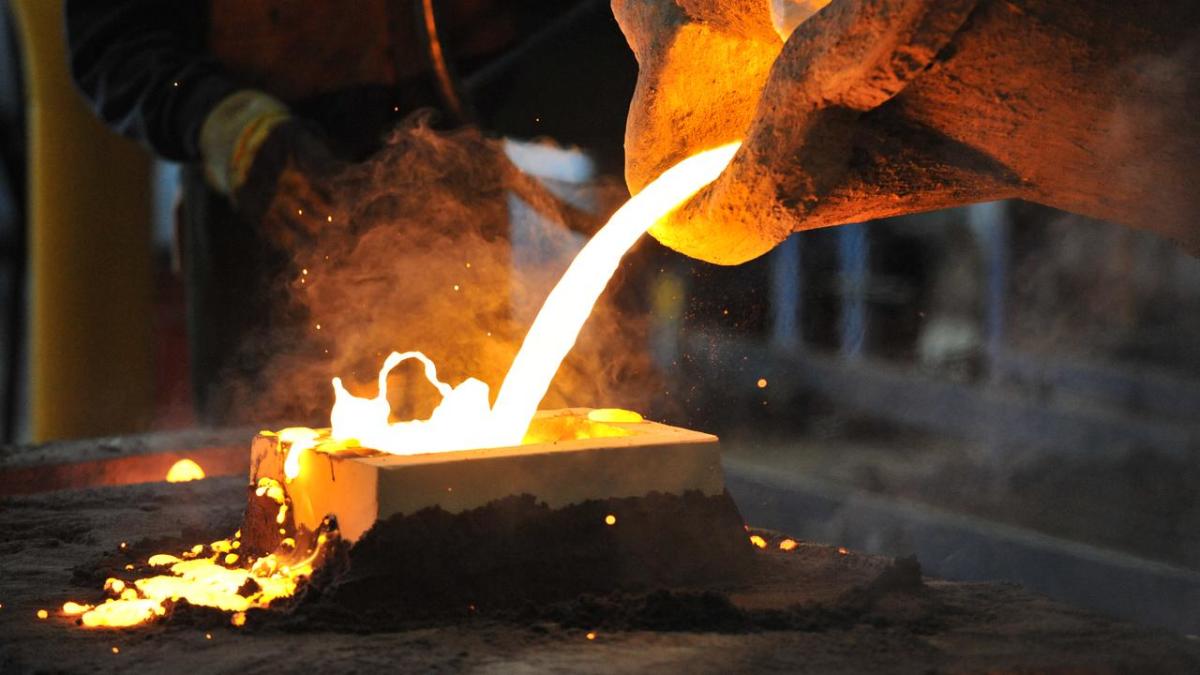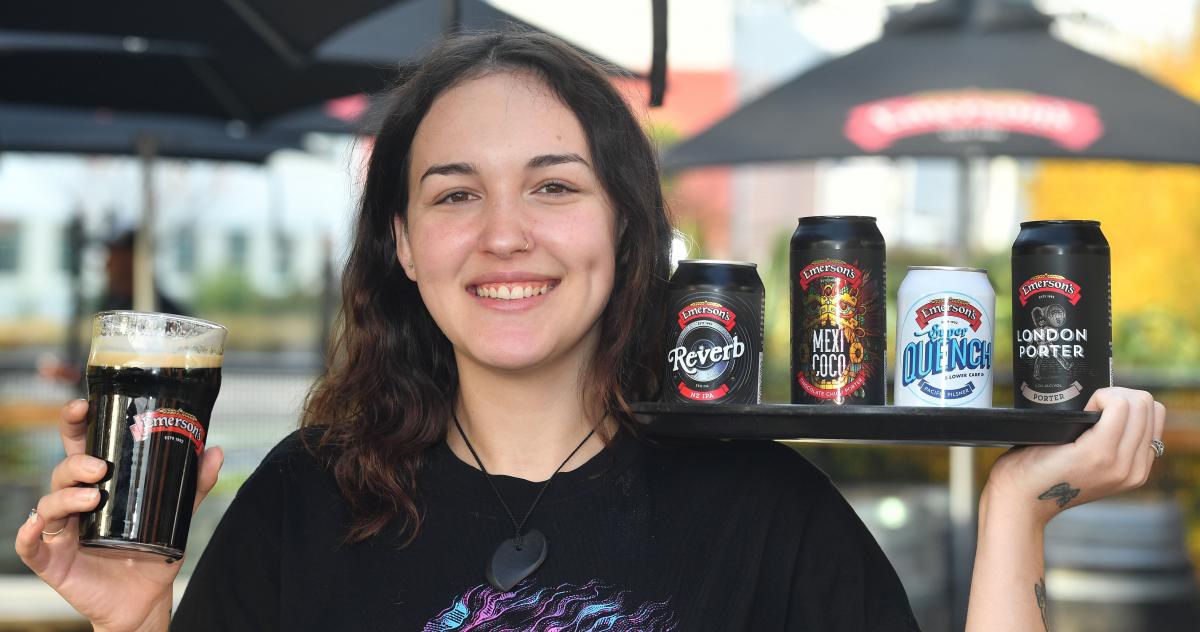The Manawanui scholarship, in memory of Charles Manawanui Renata — a direct descendant of Hone Heke — builds on the success of the award-winning Mana Rangatahi programme in collaboration with INNOV8HQ and the Transition to Work Trust.
The trust is providing $50,000 to support five promising leaders in the Otago region, providing each with a $10,000 scholarship to advance their educational and leadership aspirations.
Since 2020, more than 400 rangatahi (youth) have been supported through the Mana Rangatahi programme. During a 90-day incubator, participants meet for two hours each week to be strategically prepared for high-skilled careers, entrepreneurial endeavours, advanced education and leadership roles, including governance, against the backdrop of the rapidly advancing world of AI.
Ms Renata and Transition to Work chairman John Guthrie have been working together with Mana Rangatahi for the past three years and have been brainstorming about what to do next.
Ms Renata said philanthropy was a big deal for her and Dr Guthrie knew how passionate she was about morally, ethically and resilient generations. It was about coming together to do something “really cool” for young people to prepare them for a rapidly evolving landscape where technology was infiltrating skills and careers paths.
“We’ve come together and co-invested in the future of our graduates,” she said.
Once they graduated from Mana Rangatahi and had their personal identities established and solid, the scholarship would give those young people leadership opportunities that they otherwise would have had to have earned with time, she said.
Five spaces were available in Otago — three in coastal Otago and two in Central Otago — and it was open to applicants from any background, aged between 18 and 24.
Of the $10,000, $5000 was towards customised industry leadership mentoring programmes, which would include governance, networking, mentoring, and research, public speaking and presentation skills, while a $5000 grant would support recipients in their educational or leadership pathways.
She had been heavily involved with the technology sector since the first text message was sent — literally, Ms Renata said. After getting a job at BellSouth, she worked her way up the ladder, spending 13 years with Vodafone which bought BellSouth’s New Zealand operations in 1998.
Now she was looking closely on the impact of AI on the leaders of the future and how to reinforce the human-centred capability.
“We’re now talking about machine-to-machine competitors. Equally, what happens when the power goes out and the batteries go flat? Have we got basic skills and ethical capability to do life and work?” she said.
While there was fear around AI, she looked at it as “polishing what you already know”.
“We have to remove the fear, have to understand to become super-users of it. You still need to have resilience and be critical in your thinking.”
She wanted to build curiosity, excitement and ambition among young people and encourage them to look at things from a global context. She also wanted to reinforce that everybody had a chance.
“It’s getting in the door; we’ve got to make the door opening easier.”
Ms Renata encouraged industries and organisations with philanthropic interests to become involved. It was hoped the number of scholarships would grow as the scholarship evolved, she said.
Dr Guthrie described it as “just a really cool idea”.
“We’re in boots and all.”














